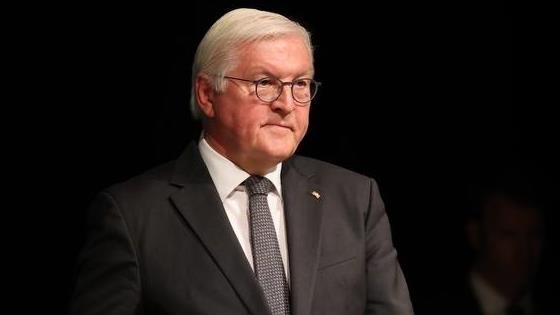
This is the English translation of a Turkish language article that was originally published by AVİM on 15 December 2023.
Hasan Servet ÖKTEM(*)
In recent years, the leaders of former colonial countries have begun a process of redemption and confrontation with the past by acknowledging their countries' past atrocities and expressing their sorrow and regret in symbolic condolence visits to the countries that they colonized in previous centuries. The recent visits of King Charles III of the United Kingdom to Kenya and German President Frank-Walter Steinmeier to Tanzania fall into this category. We recall that King Philippe of Belgium paid a visit of the same nature to the Democratic Republic of Congo in June 2022.
Germany admits genocide in Namibia as a moral and political responsibility
What distinguishes Germany from other colonial countries is that its colonial past is not well known. This page of shame was opened in 1884 and forcibly closed with the defeat in the First World War. The colonial adventure lasted only 30-odd years. It is known that the tradition of silence that prevailed in the country for many years in terms of its imperialist colonial past began to partially and gradually lift in 2004, on the occasion of the 100th anniversary of the genocide committed in Namibia. In May 2021, as a result of negotiations between Germany and Namibia, Germany declared that its actions in Namibia constituted genocide, but that this acknowledgment was based on moral and political responsibility and did not constitute a legal obligation. By committing around 1.1 billion euros in development aid to the country, Berlin was able to close the file on the "first genocide of the 20th century" without raising too much dust.
Germany asks for forgiveness for the massacres in Tanzania
Germany's second incident on the underdeveloped continent took place in present-day Tanzania, in what was then "German West Africa". That is why President Steinmeier visited Dar es Salaam in early November 2023 to express his regret for the massacres committed by his military grandfathers in Tanzania. The aim is to repeat the same process with Tanzania as with Namibia. Thus, it will be possible to shelve the second shame file in Africa by mutual agreement. Since 2017, Tanzania has been demanding an apology and reparations from Germany for the massacres it committed in the south-west of the country (Ruvuma region) to suppress the "Maji-Maji" rebellions (1905-1907).
German colonial rule starved tens of thousands of Ngoni in Tanzania, causing mass deaths
Between 1884 and 1915, German soldiers served in Togo, Cameroon, Namibia, Burundi, Rwanda and Tanzania as part of Berlin's colonial activities. It is known that between 1905 and 1907, when ethnic groups living in the region of Ruvuma in the south-west of Tanzania, who had been forced to produce cotton, revolted against the colonial system, German soldiers put down the revolts in a bloody manner, the leader of the rebels, Ngoni tribal chief Songea, and 66 nearby fighters were beheaded and killed, and tens of thousands of people (the lowest estimate is 75,000 and the highest 300,000) lost their lives as a result of the revolts. Detailed information on the Maji-Maji rebellions, which were launched in Tanzania against the colonial power Germany, can be found in various sources. It is also known from various sources that the deaths of tens of thousands of the Ngoni community occurred over a period of two years, mostly as a result of the starvation of the people in the rebel areas due to the measures taken by the colonial administration.
They murdered them and then collected their bones and skulls
When the German colonizers shipped products and natural resources needed by German industry from Africa, they also took hundreds of skulls and bones with them to Germany for scientific or "racial" purposes. The "Museum of the Prussian Cultural Heritage Foundation" in Berlin has some 6300 skulls from Tanzania, Togo, Cameroon and Rwanda. Although there are some records on the skulls, it is not possible to determine who they belong to. Namibia and Tanzania insist that the skulls and bones taken from their countries a century ago must be returned to their countries of origin. Relatives of Mangi Meli, a local rebel leader whose decapitated head was taken to Germany after he was killed by colonial soldiers, have been in contact with German authorities to have their great-grandfather's skull identified, returned to Tanzania and buried with dignity in the land of his birth, Western media reported (November 13, 2018, BBC). We also read in the Western press that some skulls belonging to the Herero tribe of Namibia were repatriated after a ceremony in Berlin (2018).
Steinmeier asks for forgiveness on behalf of his grandfathers at the Songea War Museum
German President Steinmeier's inclusion of the city of Songea in the south-west of Tanzania on the itinerary of his visit to Tanzania last November, and his visit to the unpretentious war museum in the city to pay tribute to the memory of those who lost their lives resisting German colonial rule, is an important, if belated, step in the right direction. Germany has atoned and is atoning for the sins of the Nazi era. The sins of the colonial era must be atoned for in a similar way. Starting with Namibia, this time with Tanzania is the second act of Germany's process of confronting its colonial past. Every year around 60,000 German tourists travel to Tanzania to enjoy the beauty of the Serengeti National Park, the capital Dar es Salaam, the second largest city of Arusha and the island of Zanzibar. After Steinmeier's historic visit, it would be appropriate for German tourists to include Songea in their itineraries and illuminate another part of their history that remains in the dark.
Will the Western colonialist countries repay their material and moral debts to Africa?
We know that the immeasurable injustices and wrongs committed by the Western countries against the peoples of Africa over the centuries, especially the slave trade, and the unforgettable suffering they have caused, have been discussed and debated in various forums (2001, Durban Conference, South Africa, etc.) under the leadership of the African Union and the United Nations since the early 1990s. Over the years, there have been different views on how and in what amounts the atonement for these sins should be paid. For years, the African Union has been arguing that the assessment of the injustices done, the damage done and the payment of compensation should not be left to the whim, time, initiative and discretion of Western countries. It argues that if the aggrieved African countries defend their rights together, collectively and as a united front, results will be achieved. As a matter of fact, a "Reparations Conference" was organized last month in Accra, the capital of Ghana, in cooperation with the African Union and CARICOM (Organization of Caribbean States). While it is not realistic to expect any results from such efforts in the short term, efforts in the right direction should continue.
The positive impact of the upheaval after the George Floyd murder
In the summer of 2020, we witnessed in horror the brutal murder of African American George Floyd by the US police. This deplorable event, however, resulted in an important development; European countries were made aware of their shameful colonial past by the Floyd hurricane, and the statues of colonial figures adorning their squares for years were removed. The more Western countries confront their colonial history, the more likely it is that the profound grievances of African peoples will be redressed. The process between Germany and Tanzania that started with the visit of President Steinmeier is very valuable in this respect.
* R. Ambassador
© 2009-2025 Avrasya İncelemeleri Merkezi (AVİM) Tüm Hakları Saklıdır
Henüz Yorum Yapılmamış.
-
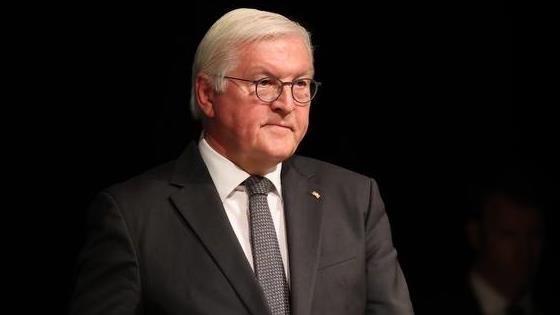 ALMANYA CUMHURBAŞKANI SÖMÜRGECİLİK DÖNEMİ KATLİAMLARINDAN ÖTÜRÜ TANZANYA'DAN AF DİLEDİ - 15.12.2023
ALMANYA CUMHURBAŞKANI SÖMÜRGECİLİK DÖNEMİ KATLİAMLARINDAN ÖTÜRÜ TANZANYA'DAN AF DİLEDİ - 15.12.2023
Hasan Servet ÖKTEM 15.12.2023 -
 GERMAN PRESIDENT ASKS TANZANIA FOR FORGIVENESS FOR COLONIAL MASSACRES - 03.01.2024
GERMAN PRESIDENT ASKS TANZANIA FOR FORGIVENESS FOR COLONIAL MASSACRES - 03.01.2024
Hasan Servet ÖKTEM 03.01.2024 -
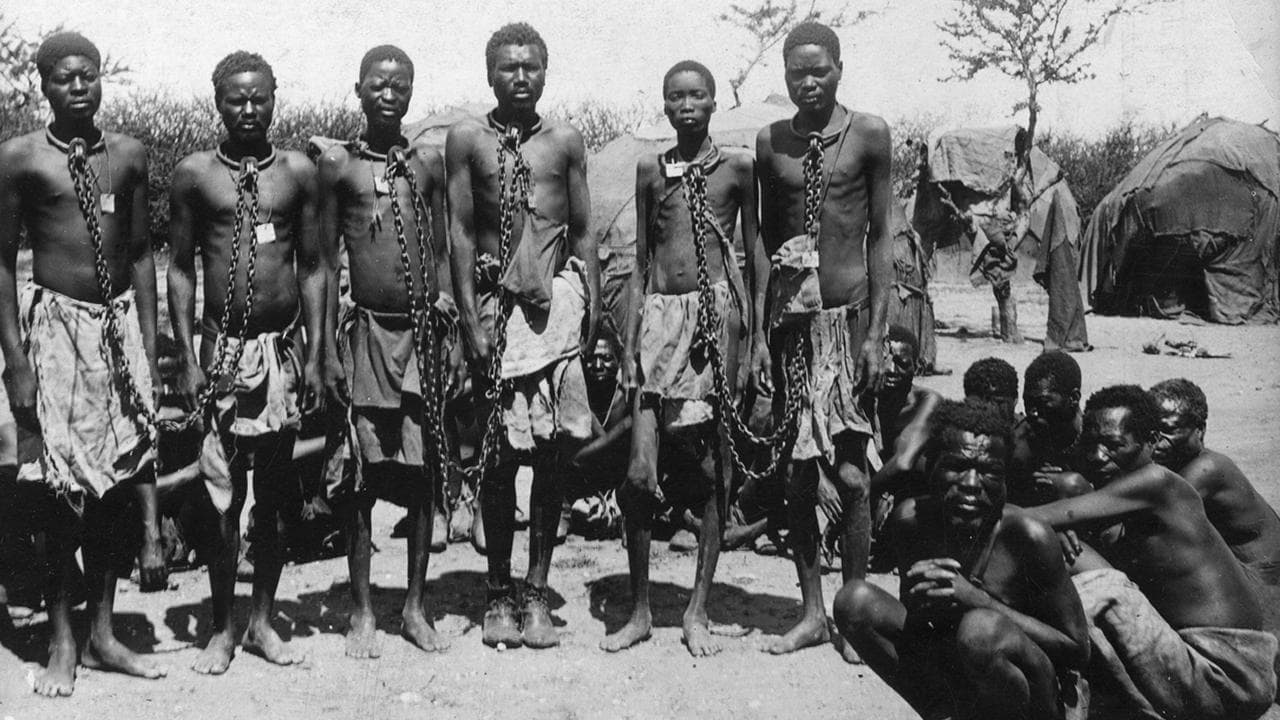 NAMİBYA’DA SOYKIRIM YAPAN ALMANYA’YA KARŞI NEW YORK MAHKEMESİ’NDE AÇILAN TAZMİNAT DAVASI DEVAM EDİYOR - T24 - 08.08.2019
NAMİBYA’DA SOYKIRIM YAPAN ALMANYA’YA KARŞI NEW YORK MAHKEMESİ’NDE AÇILAN TAZMİNAT DAVASI DEVAM EDİYOR - T24 - 08.08.2019
Hasan Servet ÖKTEM 15.08.2019 -
 PATRİCK DEVEDJİAN’IN KORONAVİRÜS'TEN ÖLÜMÜNÜN AKLIMIZA GETİRDİKLERİ… - T24 - 04.04.2020
PATRİCK DEVEDJİAN’IN KORONAVİRÜS'TEN ÖLÜMÜNÜN AKLIMIZA GETİRDİKLERİ… - T24 - 04.04.2020
Hasan Servet ÖKTEM 08.04.2020
-
 STRATEJİK SUSKUNLUK: ERMENİLERİN SESSİZLİĞİ (DÖRDÜNCÜ BÖLÜM) - 08.2021
STRATEJİK SUSKUNLUK: ERMENİLERİN SESSİZLİĞİ (DÖRDÜNCÜ BÖLÜM) - 08.2021
Iver TORIKIAN 30.11.2021 -
 AN ANSWER TO ARMENIAN ALLEGATIONS
AN ANSWER TO ARMENIAN ALLEGATIONS
Maxime GAUIN 22.08.2016 -
MADRİD PRENSİPLERİ ÇÖZÜM GETİRMİYOR-Halit GÜLŞEN
- 27.06.2011 -
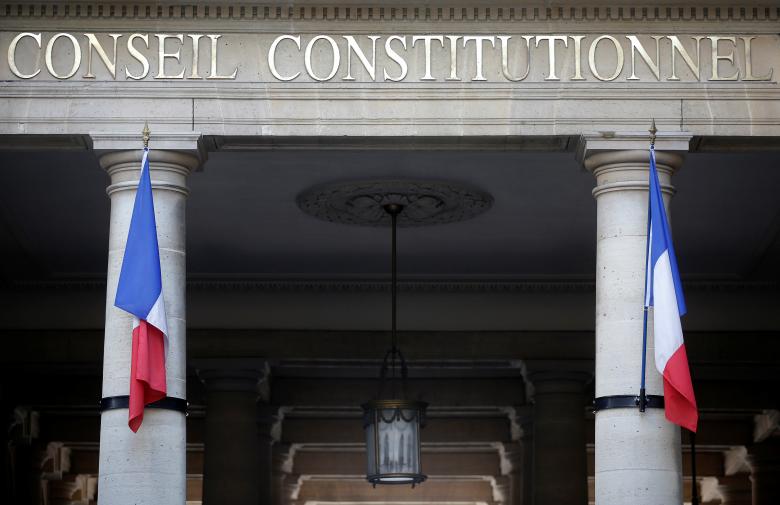 HISTORICAL DEBATES LEGITIMATED BY SUPREME COURTS
HISTORICAL DEBATES LEGITIMATED BY SUPREME COURTS
Maxime GAUIN 15.02.2017 -
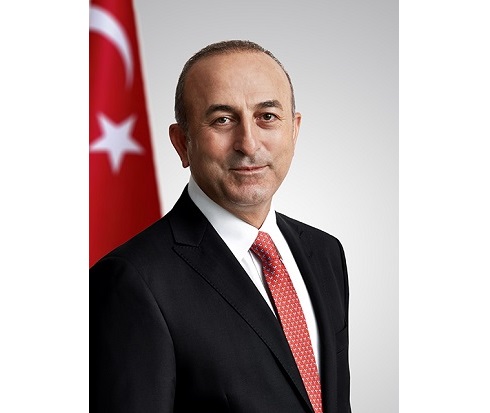 AN OUTLOOK FOR TURKEY - ASEAN RELATIONS - MANILA BULLETIN - 06.08.2021
AN OUTLOOK FOR TURKEY - ASEAN RELATIONS - MANILA BULLETIN - 06.08.2021
Mevlüt ÇAVUŞOĞLU 10.09.2021


